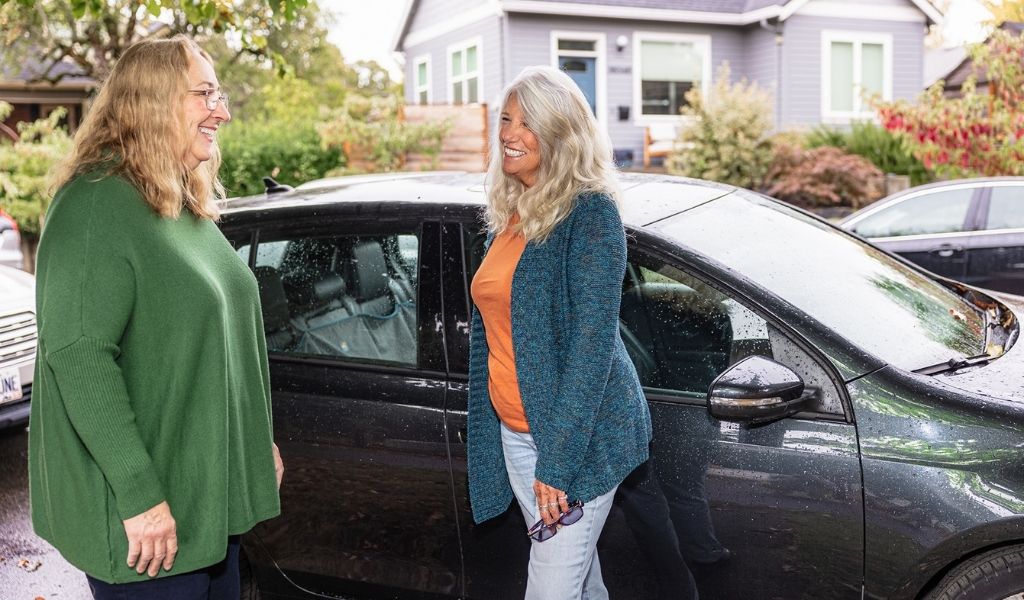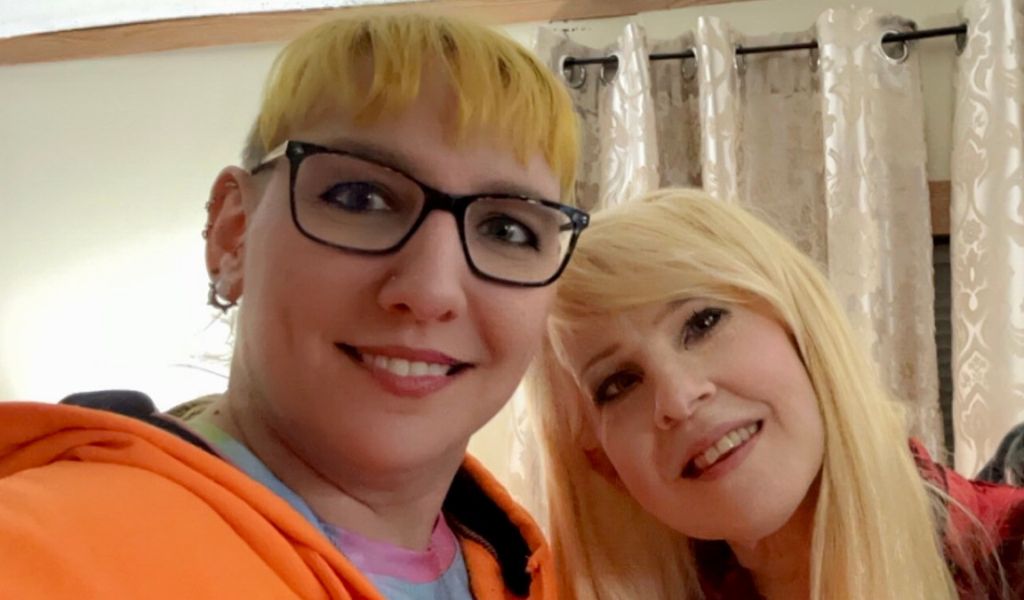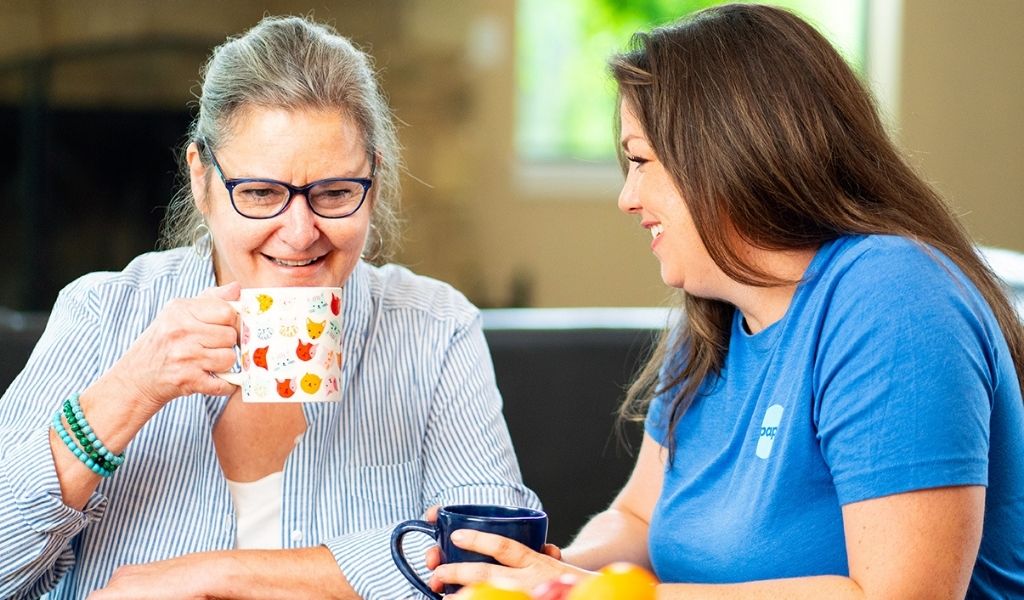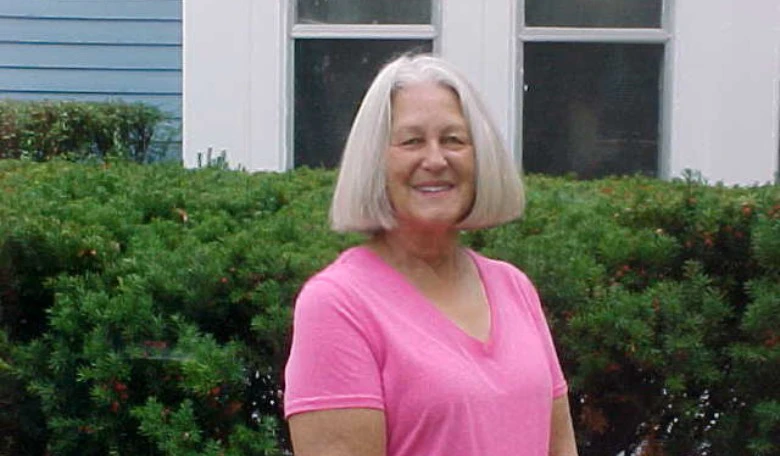
What do you call a Papa Pal who has taken more than 1,100 visits since joining our platform in May 2021? Here at Papa we call her a Visit Veteran.
Her members call her a friend who feels more like family.
Meet Papa Pal Carol, one of our Visit Veterans
Carol is in her late 60s and lives in a tight-knit community of 23,000 people in Northwest Illinois where she was born and raised. She retired from a career in food service management in large-batch cooking a few years ago, then went on to help her husband at his resale shop, which closed right before the pandemic hit.
In 2021, Carol was assisting a recently-widowed friend with grocery shopping and doctor’s appointments, and he told her about Papa—a novel service that was covered by his new insurer. “He kept insisting I would be good at it,” Carol said. She loved the idea of a flexible schedule—picking her own hours and days—so she applied.
Fast forward two-and-a-half years later, and Carol has 16 members she supports on a regular basis—and many more who would love to have her if she only had more hours in a day.
A job turned into a community turned into family
Carol hadn’t planned to do more than a couple of visits per week, but when she did decide to branch out and add one more member to her schedule, the two got on fabulously and became fast friends. It wasn’t long before Carol added the woman’s husband as a member too, and started seeing them every week.
The couple lives in a mobile home complex of about 350 people, many of whom are older adults. The woman told her sister about Carol, and her sister told her neighbor, who told his friend who told her ex-husband. Then the original woman told three more people on her block. Word of mouth about Carol as a fantastic Pal spread like wildfire in this tight-knit community and she quickly found herself with a full schedule.
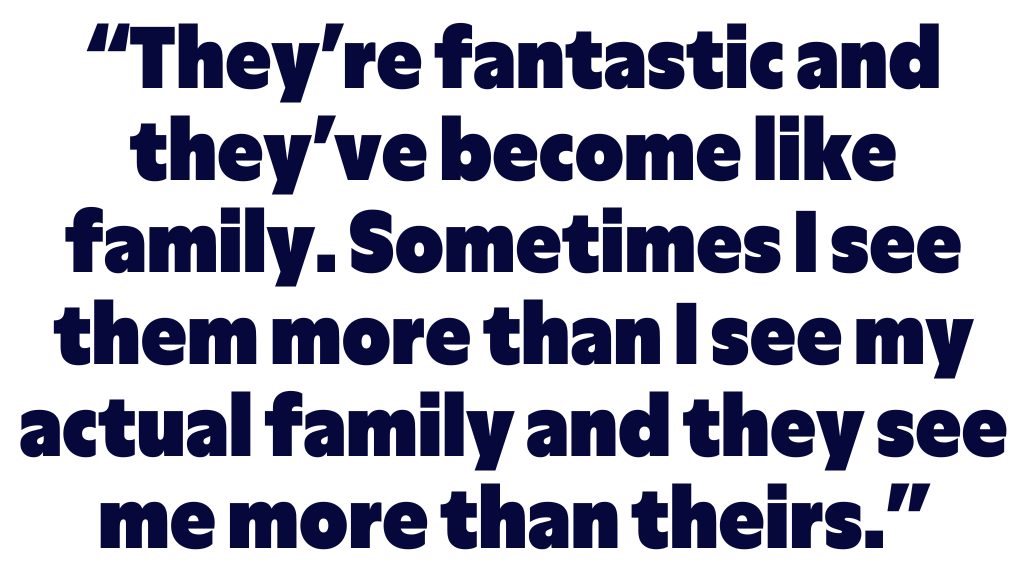
Carol found out many of her members even know her family members—cousins, uncles, parents—because they’ve lived in the same community for generations. They’ve grown so close that Carol sees many of her members as adopted parents.
Small gestures that have a huge impact
Several of Carol’s members get together on Sunday afternoons to play a game called Fast Track. It’s similar to the game Sorry, but they’ve made up their own rules over the years. It’s a lot of fun to play, and it helps keep their minds sharp.
“It took me a while to learn the rules when they kept changing,” Carol laughs, “but I think I’ve caught on.”
One member in particular loved to play with Carol during their visits. When this member recently passed away, her daughters gave Carol their mom’s Fast Track board “to remember her by.” Carol was touched by their gesture. “I’m just the person who came once a week and got her groceries and helped her with her housekeeping,” she says. But the daughters both lived out of state and appreciated the extra support their mom was getting. It meant so much to them.
Carol has loved witnessing growth and improvement in her members’ physical and mental health and overall outlook on life. She has seen some of them get more active over time. At first, they would tell Carol what tasks they needed her help with. Now, they’ll join in while she’s dusting and help rearrange things. Or they’ll organize and declutter cupboards together, which she says gives her members a great sense of accomplishment. Sometimes, when Carol arrives, her members opt to leave the days’ tasks behind altogether and go to garage sales or out for breakfast.
One member had recently come home from the hospital when Carol started visiting her. She was very anxious and wouldn’t leave the house often. Over two years of visits, Carol says she has “blossomed.” She has started going out more on her own and now has very few signs of anxiety.
How this community has supported Carol in return
Carol lost her daughter unexpectedly two years ago, and being a Pal helped her through that very difficult time. One of her clients has a daughter the same age as Carol’s. The daughter would come to visit her mom while Carol was there, and they became close. Then Carol found out that the daughter had been friends with her own daughter before she passed.
“She has stepped in and filled a void in my life,” Carol says of her member’s daughter. “She calls me Mama Carol and included me in the Christmas invitation.”
Carol gets invited to her members’ Thanksgiving dinners and Christmas open houses like she’s one of the family. One year for Thanksgiving, she had a new client who was worried about preparing the Thanksgiving meal for her family. Carol, with her background in cooking, helped her with the entire thing and they made a fantastic meal together.
She has loved the chance to inspire and encourage her members to do things they once loved but had stopped doing. Like baking or decorating for the holidays.
Carol has also learned patience and humility from her members. “It’s humbling to see what aging can do to a human body.” she says. “They’re so determined and they want to be young and spry and active like they used to be. It can be hard for them, but I’ve found that acknowledging their strength can turn that around.”
She feels so much joy and fulfillment as a Papa Pal that it doesn’t even feel like a job. It’s a beautiful feeling, she says, knowing that you’re so welcomed and appreciated.

What advice would Carol give to newer Papa Pals?
It’s really important to notice and address any unmet needs, Carol says. When you’re helping a member clean out a fridge or cupboards, pay attention. See what’s in there. Do they have enough food and other necessities?
When you get to know them, you can tell when they’re not feeling right and ask if they’ve called their doctor. Often they don’t want to ask for help, Carol says, so she recommends offering to help them make or take them to an appointment.
When she first meets a client, she asks them questions about themselves—and encourages them to ask questions about her as well. This often leads them to open up even more. They love to talk about their lives to someone who cares, Carol says, and some of them have had very interesting lives.
She says that, yes, many of her members need physical help with household tasks, but what really means the most to them is having someone in their home who they can talk to on a weekly basis. “It’s a thrill to be able to show off some of their things,” she says. And having Carol’s help with basic tasks and organization has given many of her members even more pride in their homes.
“Go in with a positive attitude,” she says. “Humble yourself. Don’t think you’re ‘better than’ just because you’re ‘younger than.’”
At the end of the day, “it’s really all about the companionship,” Carol says, “and taking the time to listen and really get to know your clients. To me, that’s the most important part of this job.”
Carol cares deeply about her members, and they know it. And they’ve come to love and care for her as one of their own.
